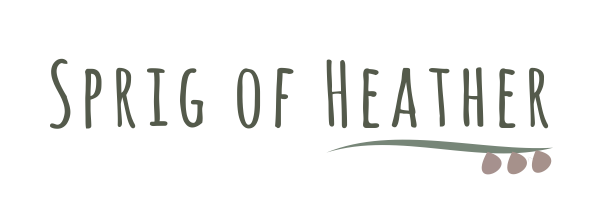Of doughnuts and crullers
Working as a business proofreader and translator I'm often called on to localize documents from US to UK English and generally think I have a pretty good grasp of my bonnets and my hoods, my shalls and my shoulds, my gots and my gottens. But when a character in the US novel I was reading ate a cruller for breakfast, I suddenly realised I had no idea what was going on.
US-English etimology can be fascinating, especially for words that seem to have jumped from mainland Europe across the Pond to North America with almost no influence on British English. Websters tells me that cruller comes from the Dutch krulle meaning a twisted cake. OED adds that it seems to be from the Dutch crullen to curl (which also gives us crewel, for a kind of twisted yarn).
"a small sweet cake in the form of a twisted strip fried in deep fat"
In Merriam-Webster.com

So it's a cake and it's twisty... But what does it taste like?
A bit of googling gives me regular Crullers (made of doughnut-type dough), French Crullers (made of choux pastry) and a whole lot of similar northern European treats. Wikipedia reckons that in Scotland you can even find an Aberdeen Crulla, supposedly imported from the US.
As I look at the online photos, they seem to ring a bell though. Then it comes back to me - of course! Mister Donut in Tokyo. I'm sure I've seen something similar there. I didn't know the name - I'd have been using one of my half dozen essential Japanese phrases (chokorēto - literally 'chocolate' but surprisingly versatile when you have very little other vocabulary!)
I decide that more research is needed. Rumour has it that Tim Horton's is the place for Brits looking for crullers. I have to pop to town for a flu jab so I make a quick stop there on the way home. And here they are! (Looking slightly squashed after having been stuffed into my bag because of the rain). So... doughnuty... twisty... and covered in sugar. Nice!

Round up of the day so far: I've eaten a doughnut and I've learned the Dutch verb 'to curl'... and when one of my US clients puts crullers in their business report, I'll be ready!
